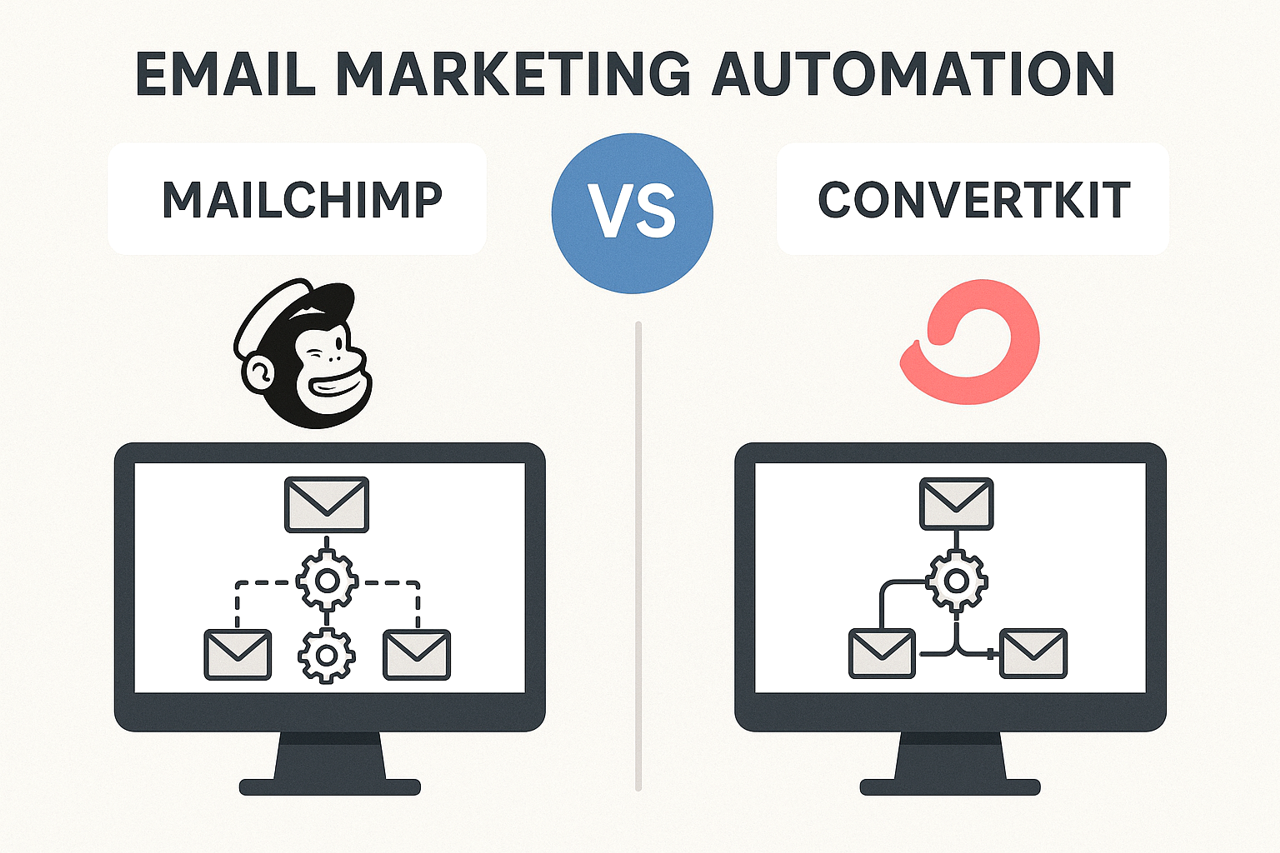
Artificial intelligence (AI) is no longer a futuristic concept confined to sci-fi films or high-tech labs. Today, it is making its way into classrooms across the United Kingdom, fundamentally reshaping the landscape of education. From personalized learning plans to automated administrative tasks, AI is becoming an indispensable part of the British education system. This article explores how UK schools are using AI to transform education, delving into the practical applications, benefits, challenges, and future prospects.
The Rise of AI in the UK Education Sector
In recent years, the UK government and educational institutions have recognized the potential of AI to address critical issues within the education system. With increasing classroom sizes, teacher shortages, and the growing need for personalized learning, AI has emerged as a viable solution. The Department for Education (DfE) has even launched initiatives to support AI integration, highlighting its commitment to digital transformation.
Personalised Learning Experiences
One of the most significant ways UK schools are using AI is to create personalized learning experiences. AI-powered platforms analyze student data to understand learning habits, strengths, and weaknesses. This allows educators to tailor instruction to individual needs.
For instance, AI tools like Century Tech and Squirrel AI provide adaptive learning paths that evolve based on student performance. These systems can recommend specific resources, assignments, or exercises, ensuring that each student receives the support they need. This approach not only enhances academic performance but also boosts student engagement and motivation.
Enhancing Teacher Efficiency
Teachers often juggle multiple responsibilities, from lesson planning to grading and administrative tasks. AI helps alleviate this burden by automating routine tasks. For example, AI grading systems can assess multiple-choice tests, short answers, and even essays with a high degree of accuracy. This frees up teachers to focus on more meaningful interactions with students.
Chatbots and virtual teaching assistants are also being deployed to answer frequently asked questions, provide homework help, and facilitate communication between students and educators. UK schools are using AI not just to support learning but to streamline operational processes.
Real-Time Feedback and Assessment
Timely feedback is crucial for student development. Traditional methods often delay feedback, which can hinder learning. With AI, real-time assessment becomes possible. AI algorithms can instantly evaluate student responses and offer constructive feedback, enabling students to understand their mistakes and learn more effectively.
This immediate insight helps teachers identify knowledge gaps early on and intervene before problems escalate. In subjects like mathematics and science, where sequential understanding is essential, real-time feedback significantly improves learning outcomes.
Bridging Learning Gaps and Supporting SEN Students
Another vital area where UK schools are using AI is in supporting students with Special Educational Needs (SEN). AI-driven tools can customize content delivery methods to accommodate various learning disabilities, including dyslexia, ADHD, and autism.
Speech-to-text, text-to-speech, and visual learning aids powered by AI enable inclusive education. These tools not only foster independence among SEN students but also make it easier for educators to design effective Individualized Education Plans (IEPs).
Language Learning and EAL Support
The UK has a diverse student population, many of whom are English as an Additional Language (EAL) learners. AI-powered language learning applications are proving invaluable in this context. Tools like Duolingo and Babbel use machine learning to adapt lessons to the user’s proficiency level, ensuring a more effective learning experience.
Moreover, AI translation tools help students better understand instructions, participate in class discussions, and complete assignments, thus reducing the language barrier.
Data-Driven Decision Making
UK schools are using AI to make data-driven decisions that enhance both teaching strategies and institutional effectiveness. By analyzing vast amounts of data, AI can identify trends, predict student outcomes, and recommend interventions.
For example, predictive analytics can flag students at risk of falling behind, enabling proactive measures. AI can also help schools assess the effectiveness of their curriculum and teaching methodologies, making continuous improvement possible.
Virtual and Augmented Reality Integration
AI is also powering immersive learning experiences through virtual reality (VR) and augmented reality (AR). These technologies bring abstract concepts to life, offering students a deeper understanding of complex subjects.
Imagine a biology class where students can explore the human body in 3D or a history lesson that allows pupils to walk through ancient Rome. These experiences are no longer fantasies but are becoming a reality in UK classrooms thanks to AI integration.
Preparing Students for the Future
As AI continues to evolve, it is essential that students understand and engage with this technology. Many UK schools are incorporating AI education into their curriculum, teaching students about machine learning, coding, and robotics.
This early exposure not only builds digital literacy but also prepares students for future careers in technology and other AI-driven industries. Coding bootcamps, STEM clubs, and AI-focused workshops are becoming common, ensuring the next generation is ready for the Fourth Industrial Revolution.
Ethical Considerations and Data Privacy
Despite the numerous benefits, the adoption of AI in schools also raises ethical concerns. Issues related to data privacy, algorithmic bias, and the digital divide must be addressed. UK schools are using AI with caution, often in partnership with tech companies that adhere to stringent data protection regulations like GDPR.
Schools are also educating staff and students about digital ethics, helping them understand the responsible use of technology. Transparent policies and regular audits are essential to maintaining trust and ensuring that AI benefits everyone equally.
Government Support and Public-Private Partnerships
The role of the UK government and private sector cannot be overlooked in this transformation. Through initiatives like the EdTech Strategy and partnerships with leading AI firms, significant investments are being made to equip schools with the necessary infrastructure and training.
Pilot programs, funding grants, and research collaborations are accelerating the integration of AI across educational institutions. These efforts ensure that AI adoption is not just a trend but a sustainable shift toward smarter education.
Challenges and the Road Ahead
While the benefits are numerous, challenges remain. Infrastructure limitations, teacher training, and resistance to change are some of the hurdles UK schools must overcome. Ensuring equitable access to AI tools is also critical to prevent widening the achievement gap.
However, with continued investment, stakeholder collaboration, and a focus on inclusive practices, the future looks promising. UK schools are using AI not just as a tool but as a catalyst for holistic educational reform.
Conclusion
In summary, UK schools are using AI to transform education in remarkable ways. From personalized learning and teacher support to inclusive education and future-ready curricula, the impact is profound and far-reaching. As technology continues to advance, the UK education system is poised to become more adaptive, efficient, and inclusive than ever before.
By embracing AI thoughtfully and ethically, UK schools are not just keeping up with the times; they are setting a global standard for innovative and effective education. The journey is just beginning, but the direction is clear: the future of education is intelligent, and it is already here.







